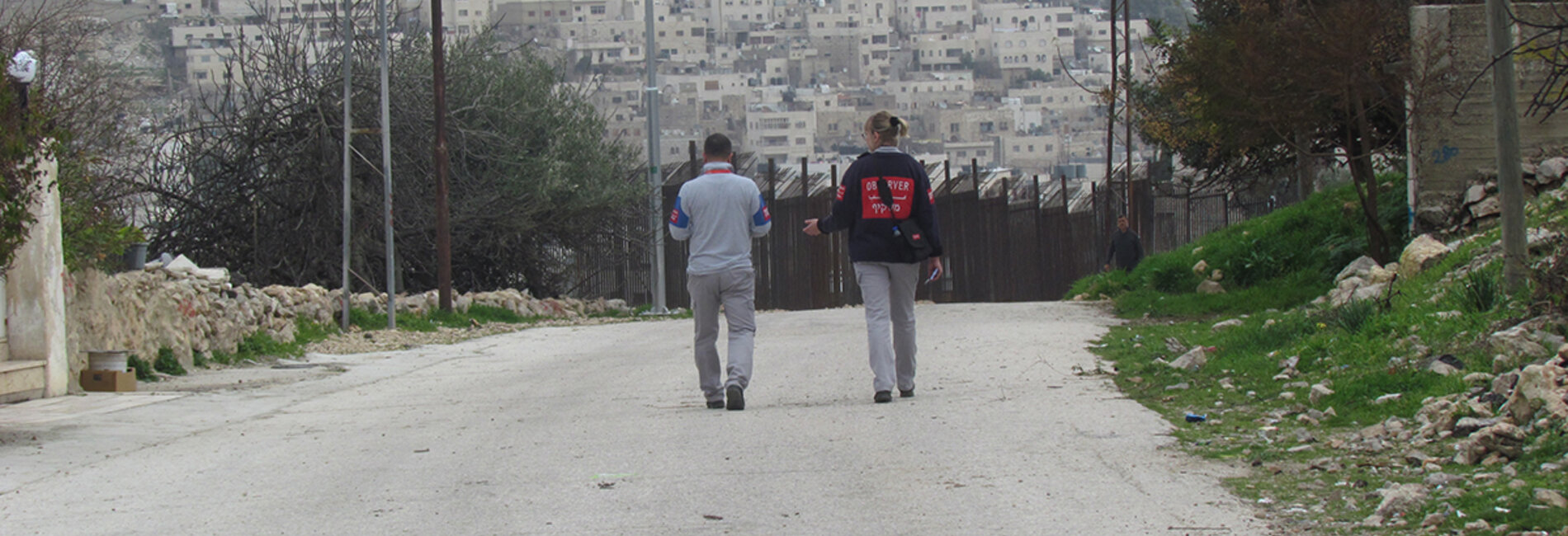Overview: February 2019
In February, the Israeli government implemented a law enacted in 2018 to withhold USD 140 million in Palestinian tax revenue transfers. According to the Israeli authorities, this is equivalent to the sum paid by the Palestinian Authority (PA) to the families of Palestinians convicted of security-related offenses in Israeli courts. In response, the PA announced that it would refuse to accept any of the customs duties and other taxes collected by Israel on behalf of the PA and transferred to it monthly: these allocations account for approximately 65 per cent of the PA’s budget.
These developments come in the wake of record shortfalls in funding to Palestinians and to humanitarian and development aid agencies operating in the OPT including due to the recent halt of all US government assistance. The humanitarian impact will be particularly serious in Gaza where unemployment, poverty and food insecurity are more acute, exacerbated by the PA’s policy in recent years of withholding the payment of salaries and allowances to employees.
The ‘Great March of Return’ protests at the Gaza perimeter fence continue, with five Palestinians killed in February. This brings to 189 the number of Palestinians killed and to 28,210 the injured since the protests began, on 30 March 2018. Another 76 Palestinians were killed and 238 were injured during hostilities and access related incidents. On 28 February, the independent and international Commission of Inquiry into the protests in OPT (CoI), appointed by the United Nations Human Rights Council, released its initial report. The CoI investigated all demonstration related fatalities between 30 March 2018 and 31 December 2018 (189 Palestinian fatalities) and tracked more than 300 injuries caused by Israeli forces during the protests. With the exception of two cases, the Commission found reasonable grounds to believe that the use of live ammunition by Israeli forces against demonstrators was unlawful. The Israeli government has rejected the findings of the report as biased and failing to consider the threat posed by violent acts from Gaza.
In January 2019, improvements were introduced to the Gaza Reconstruction Mechanism (GRM) following a joint review by the UN, Israel and the PA. This should facilitate the implementation of humanitarian and development projects. The GRM was established as a temporary mechanism following the 2014 hostilities to enable materials to enter Gaza for the reconstruction and repair of housing and infrastructure. As detailed in this month’s Bulletin, more than 85 per cent of the homes destroyed or severely damaged had been rebuilt by the end of 2018, although 13,000 people remain displaced. The improved GRM aims to address difficulties involved in importing ‘dual-use’ items, other than building materials, that have impeded the implementation of urgently needed interventions, especially for water and sanitation.
The Bulletin also discusses the decision by Israel not to renew the mandate of the Temporary International Presence in Hebron (TIPH), established to assist in “monitoring and reporting efforts to maintain normal life in the city, thus creating a sense of security among Palestinians in Hebron”.[1] The departure of TIPH monitors, combined with intensified harassment and restrictions against residents and the remaining protective presence actors, is increasing the protection risks, and human rights violations, faced by the Palestinian population. The effect of harassment and intimidation on schoolchildren in particular is reported in the recent OCHA survey of H2.
The final item in this month’s Bulletin concerns the significant decline in the number of permits issued by the Israeli authorities for Palestinian farmers and agricultural workers to access land behind the Barrier. According to new data, the majority of applicants are rejected for failing to meet additional bureaucratic requirements for permit approval rather than on security grounds. Even when granted a permit, farmers must access their land through designated gates or checkpoints, the majority of which only open during the annual olive harvest. This undermines the livelihoods of thousands of Palestinian families. In its 2004 Advisory Opinion, the International Court of Justice declared the route of the Barrier to be illegal and called for it to be dismantled. The Court also stated that the gate and permit regime violates Israel’s obligations under international law and should be revoked.
In her briefing on the OPT to the Security Council on 20 February, the Assistant Secretary General for Humanitarian Affairs and Deputy Emergency Relief Coordinator, Ursula Mueller, highlighted that: “The international community is mobilizing to provide assistance, but funding is diminishing while needs and constraints continue to grow. Ultimately, the solution is not humanitarian. The lives and well-being of people must be placed beyond political considerations, and humanitarian aid facilitated and supported.”
[1] Follow this link for more information on the mandate of TIPH.










